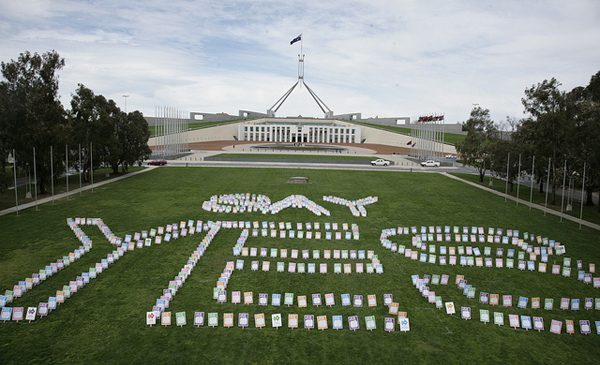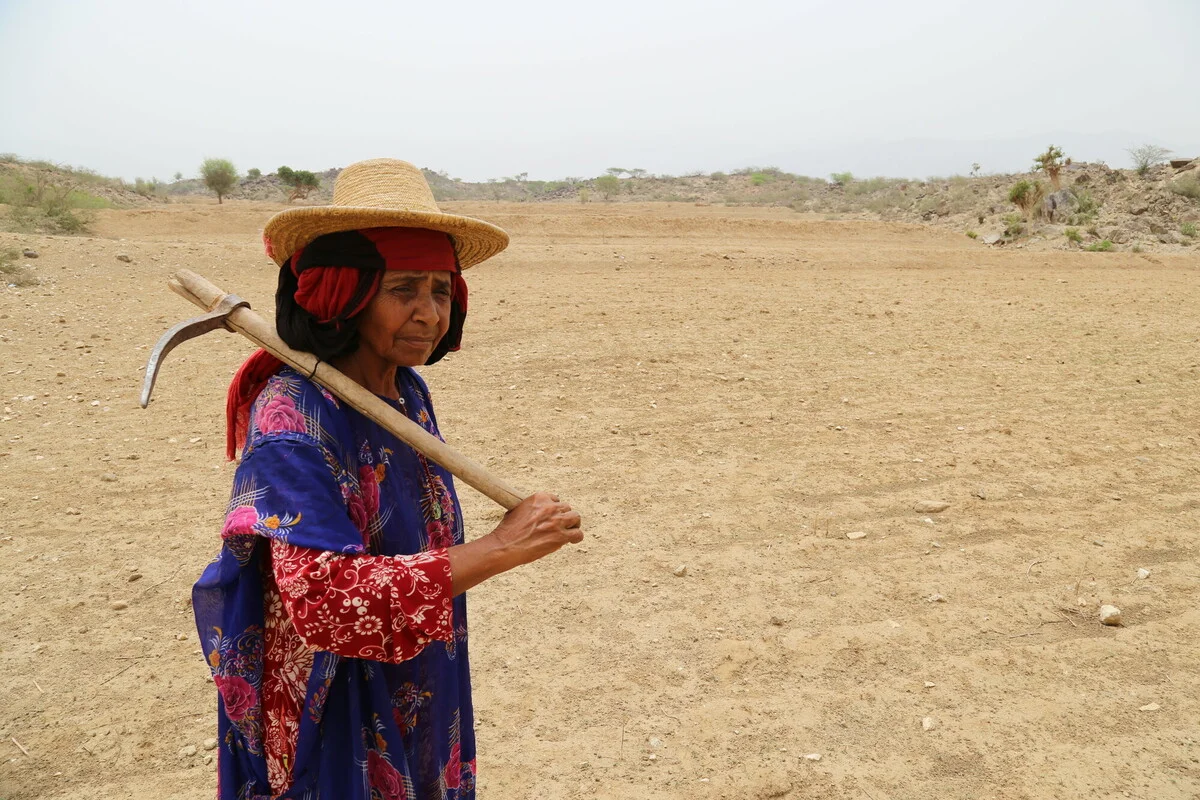The passage of the Clean Energy Future legislation in Parliament today is a positive first step in catching up to other nations on tackling climate change.
The world’s poorest people, who have contributed least to climate change, are already suffering its effects, from prolonged droughts and food shortages to more severe storms. As the worst per capita carbon polluter in the OECD, Australia has until now failed to contribute its fair share to global efforts to fight climate change. Passing this legislation is a crucial first step in playing climate catch-up.
Developed and developing countries across the world are already taking action, with a number already running Emissions Trading Schemes. Britain has committed to slash its emissions reduction target by 50 per cent (on 1990 levels) by 2025, compared with Australia’s target of 5 per cent.
Action now also costs less than inaction. With worsening climate change impacts, Australia is already being called on more frequently to respond to natural disasters – from delivering water to drought-stricken Tuvalu to responding to more severe storms in countries in our region.
Forecasts show that average prices of staple foods, such as maize, will increase by between 120 and 180 per cent by 2030. Up to half of this increase will be driven by climate change.
Across East Africa, the rainfall that farmers and communities rely on for survival is becoming increasingly unpredictable. The current food shortages in East Africa are – in part – due to the worst drought in 60 years. Communities that Oxfam works with in Ethiopia report that where droughts used to happen every four to six years, they now occur every one to two years.
The passage of this legislation is an historic shift in direction for Australia that will help build trust with other countries and momentum towards the critical UNFCCC negotiations in Durban, South Africa, later this month.
However, whilst legislating a price on carbon is vital in reducing our emissions, we need to go further if we are to avoid the most catastrophic impacts of climate change, most obviously by scaling up our emissions reduction targets in line with what the science requires.
Oxfam welcomes the establishment of an independent Climate Change Authority to advise Parliament and report on progress made in reducing greenhouse gas emissions.
At the upcoming UNFCCC negotiations, Australia should also support progress for a fair, ambitious and legally binding international deal, beginning with the continuation of the Kyoto Protocol through a second commitment period. The current commitment period is due to end next year.
Photo: Australian Conservation Foundation/Say Yes Australia



